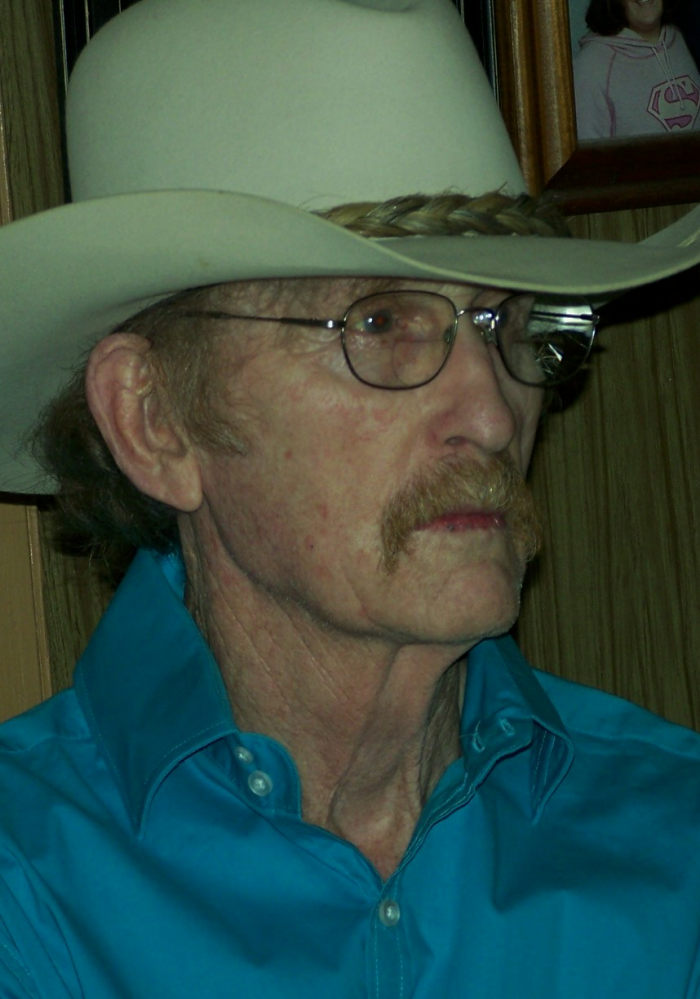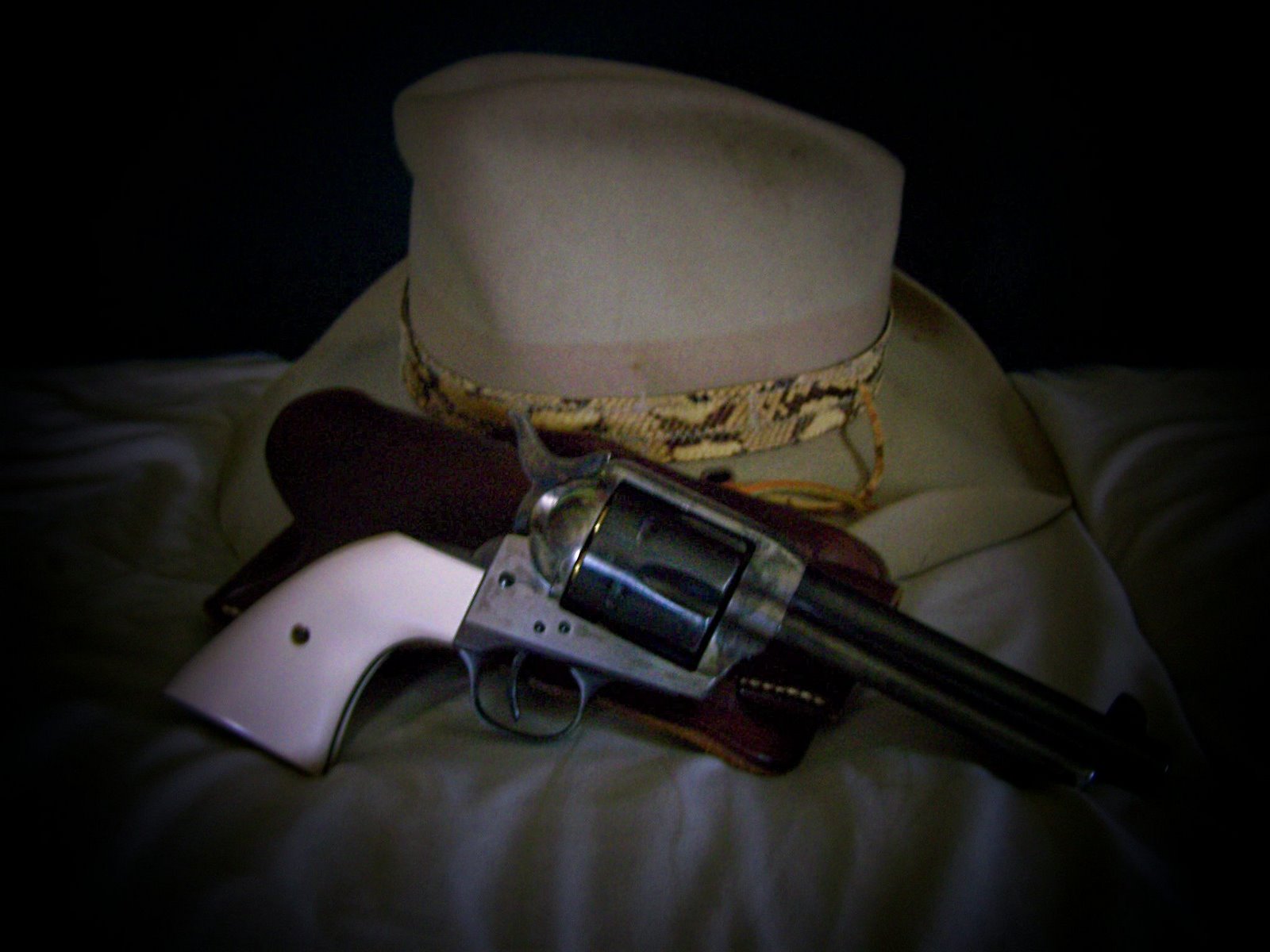
A Time to Remember
Sunrise Surprise
By Ronnie Powell
Sunrise Surprise, a registered gelded, chestnut fox trotter was two years, three month old when first we met and not under the best circumstances. He stood alone in a pen next to another enclosure of other horses in a sale barn in Buffalo, Missouri. He had been saddled, standing with his head down paying little attention to his surroundings.
I wanted to buy a horse and stopped at the pen and looked at Sunrise, scrutinizing the fine lines and breeding of the gelding. He looked up at me and for a few moments we quietly observed each other. I carefully opened the gate and stepped inside and gently stroked his neck, running a hand along his belly, rump and back. He didn’t seem to mind and I stepped to his head and gently patted his face.
“Ronnie you don’t want that horse,” a fellow said, an employee at the sale barn. “He’s a handful and green broke. He doesn’t like anyone on his back and if I were you I’d not be in there with him.”
After the man left and the family came looking for me still standing with Sunrise, I informed them I was going to bid on the horse. I quietly left the pen and started to walk away when the gelding threw up his head and whinnied. That much pretty cinched it for me, I wanted Sunrise.
Later after many horses had passed through the auction, some bought for the processing of their flesh, a man lead Sunrise into the auction circle. Another man stepped forward, a large gent wearing a wide brim western hat and mean looking spurs on his dirty boots. He took the reins and gruffly spoke to Sunrise and swung up in the saddle.
I swear, (not really) that Sunrise looked toward me and grinned and up he went throwing the man high and wide.
The gavel came down with the last bid and Sunrise belonged to me for three hundred dollars and as I would soon learn it wasn’t going to be an easy task convincing that young upstart of a horse to let me ride him. He wasn’t mean by a long shot; just head strong, stubborn and full of life. On the other hand I too, was stubborn and convinced that beautiful thoroughbred would make a fine mount and companion.
Two other horses joined the family in the days to come. Comanche, a tall palomino fox trotter tand became my wife’s horse. He was the oldest of the trio, a gentle soul and the boss. Lady came next, a quarter horse mare, a beautiful animal, also gentle and became my youngest daughter’s steed.
One evening while riding Sunrise into Windyville, trying to work the kinks out of him and pleased with the progress we had made, I sat tall in the saddle. As we passed along the front of the old Scott Store, Sunrise caught his reflection in one of the big windows and it startled him and he began bucking. Unable to stop the gelding we went out onto the middle of Highway K and he threw me. I hit the pavement on both feet, and broke my left foot in two places.
Sunrise left the scene running over the hill to the north. I started after him fearing he might get struck by an automobile. It wasn’t easy limping along and I didn’t get far when Sunrise came back at a dead run and stopped in front of me as gentle as a lamb.
The situation didn’t get much better for awhile, especially after he ran into the woods one day while I was riding him and bruised a knee pretty bad. Limping on two legs is difficult.
The final ordeal came one morning when the family and I were heading east toward Moon Valley astride the three horses. Sunrise was in the lead and decided he didn’t want to go on. He reared and fell into a ditch. I managed to dismount and whacked him with the reins and then jumped into the saddle and off we went up and down the road. He was pretty tired by the time we stopped and from that day on he and I were as one, riding the hills and old roads. He delighted in taking the lead fording streams, up hills and chasing deer across a field. He often struck out at full trot and it was like riding on a cloud. The stamina of the horse was amazing, faltering only when age began to take its toll on him.
“I never met a horse I couldn’t ride,” said a young man to me while riding Sunrise east out of Windyville one Sunday morning in the month of May.
I dismounted and handed him the reins, an act I would later regret.
The fellow did not hesitate and mounted Sunrise. Sunrise didn’t move, standing very quietly for a moment and then exploded straight up, twisting in midair and came down on all fours. The young man hit the ground on his back. Sunrise ran a wide circle around me snorting loudly and came to where I stood. He nickered shrilly, tossing his head angrily from side to side. He was truly upset with me. I never again subjected Sunrise to another situation as that. No one other than I ever rode the gelding again.
Sunrise Surprise lived for twenty six years and on a cold rainy winter night he stood beside me, the beloved head resting on my shoulder for the last time in agony from a twisted gut. A veterinarian stood nearby waiting for Sunrise to settle down a bit, holding a syringe.
“Ronnie, don’t let him lean too heavily on you,” the man said. “When I put this stuff in him he’ll fall and be dead before he hits the ground.”
The end came very quickly and Sunrise lay at my feet in death.
Memories remain of Sunrise, long rides along forgotten trails and quite moments together while grooming him. My left foot is also a reminder of that feisty horse and a hat band I once made from a portion of his beautiful tail. The old saddle sits gathering dust, a stately thing of the 1890’s.
I like to think that Sunrise Surprise is waiting for me somewhere out there in the heavens and together we’ll wander among the stars a few hundred years or so and then perhaps join the fabled ghost riders. Adios


 Beautiful Lela, an unpaid model
Beautiful Lela, an unpaid model




